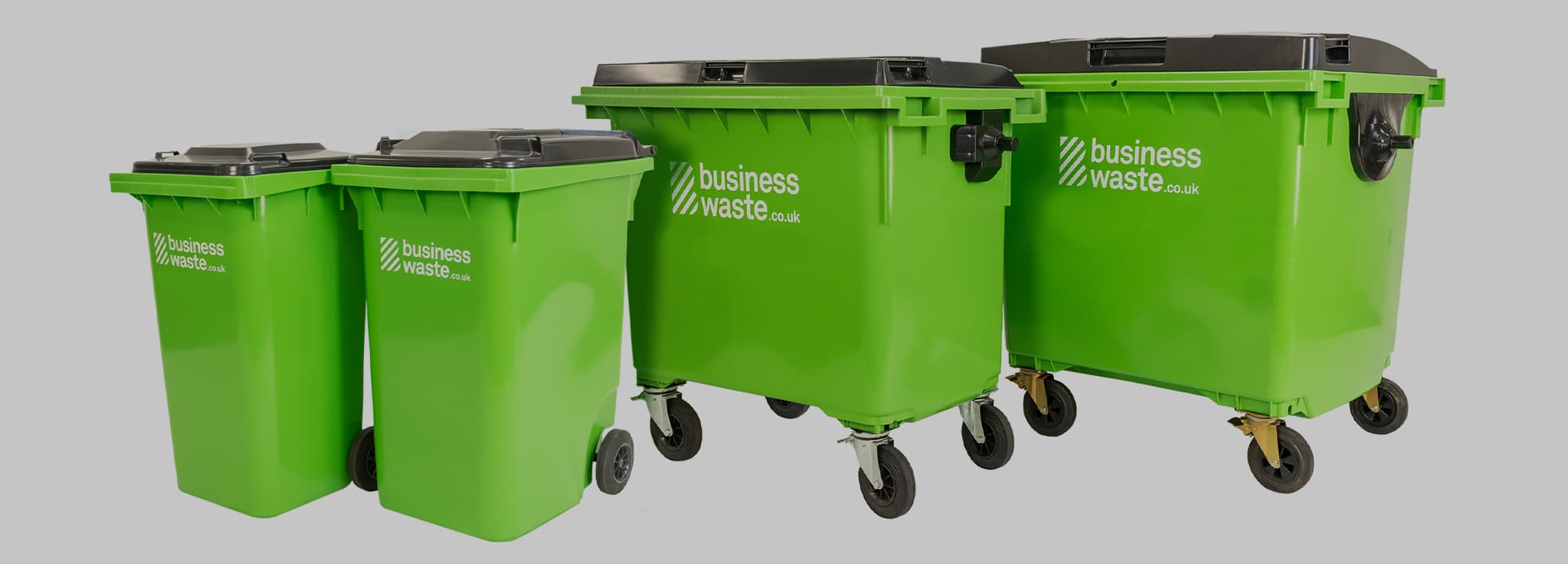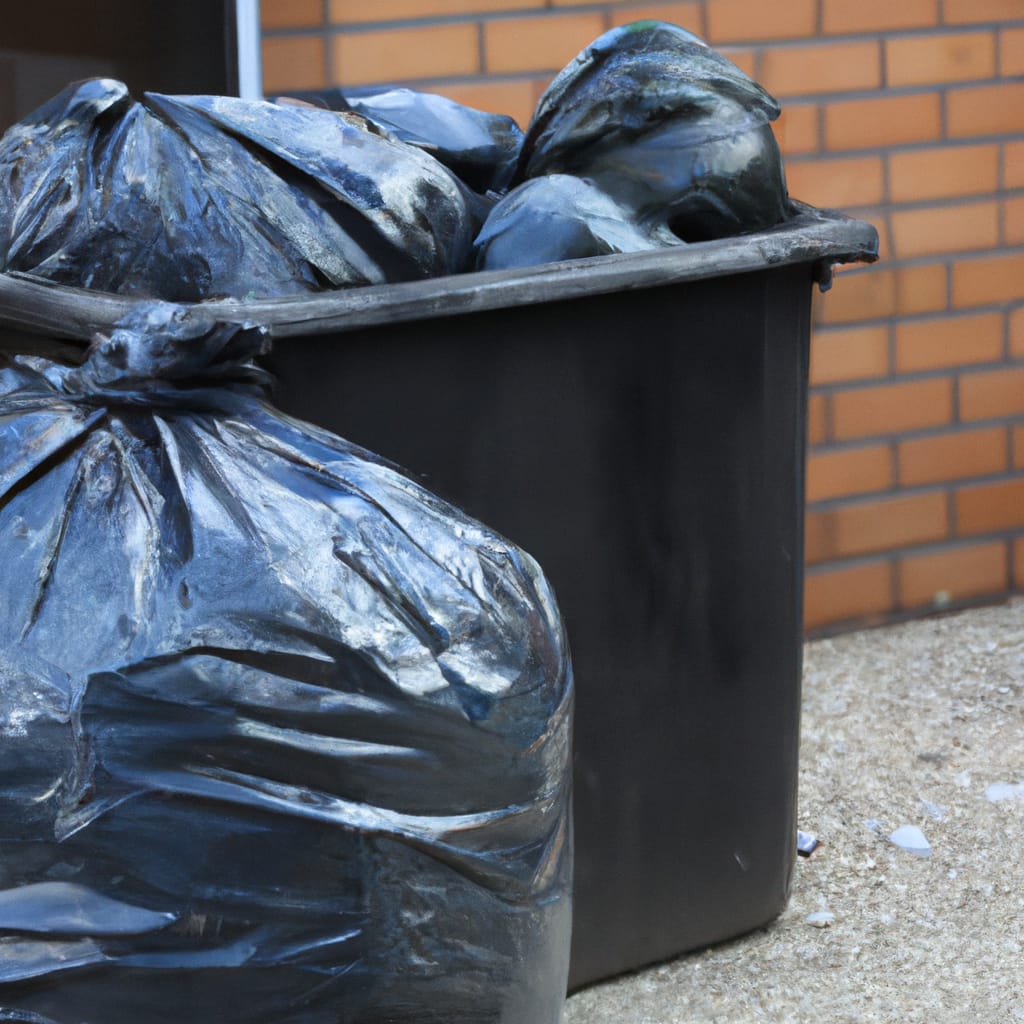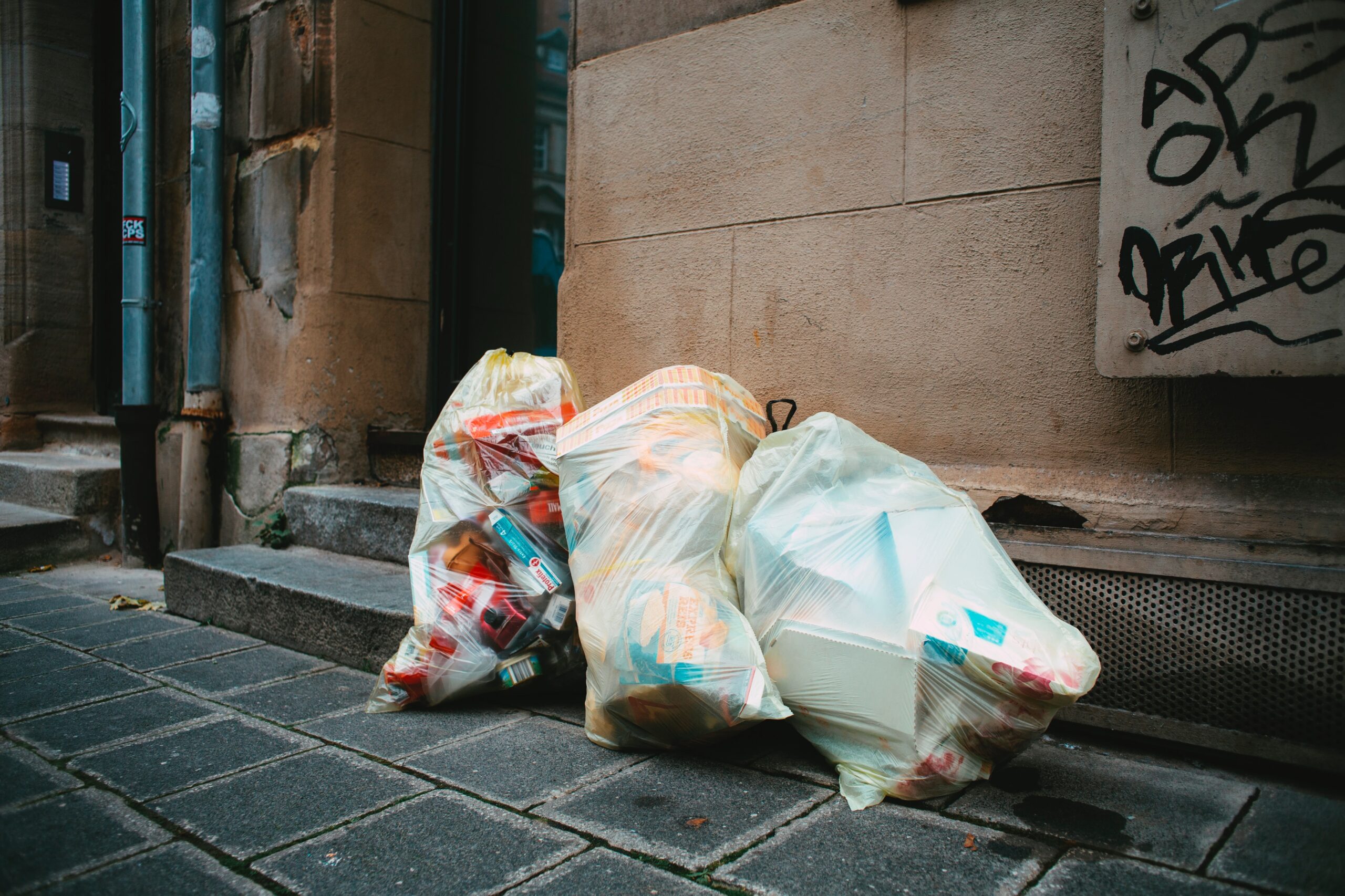
What are the Controlled Waste Regulations?
The Controlled Waste (England and Wales) Regulations 2012 is a piece of important legislation that legally classifies waste types. These classifications are important for other legislation about waste management. Essentially, the controlled waste regulations define what types of waste are controlled waste and therefore subject to the Environmental Protection Act 1990.
On 6 April 2012, the new controlled waste regulations came into force to replace the Controlled Waste Regulations 1992. Various changes to the regulations adapted the classifications of certain waste types from specific premises. It also enabled local authorities to charge for waste collection and disposal from certain places.
Understand more about what the controlled waste regulations are and how they may apply to your organisation.
Get a free quote
Get a FREE quote for your waste collection
- Free quote within 1 hr
- Any type of waste
- FREE bins and delivery
- We cover all of the UK
Contents
Controlled Waste Regulations 2012 summary
The Controlled Waste Regulations 2012 outline what types of waste are examples of controlled waste, which means relevant legislation applies to their management. For a quick summary, check out the Controlled Waste Regulations 2012 key features:
- The Controlled Waste Regulations 2012 replaced the preceding Controlled Waste Regulations 1992.
- Household, industrial, and commercial waste classify as controlled waste.
- All controlled waste is subject to the Environmental Protection Act 1990.
- Sewage, sewage sludge, septic tank sludge, radioactive waste, and animal byproducts do not class as controlled waste. These have their own legislative regimes.
- Councils can charge for household waste collection and disposal from premises including hospitals, nursing homes, prisons, and campsites.
- Changes from the Controlled Waste Regulations 1992 mean that disposal charges apply to certain non-domestic household waste producers.
- Certain premises previously classified as producers of household waste now produce commercial waste under the new controlled waste regulations.
- The controlled waste regulations policy is due for review by November 2024.
What is controlled waste?
A basic controlled waste definition is any commercial, industrial, and household waste where legislative control applies to its management and disposal classifies as controlled waste. In the UK most commercial and domestic rubbish is a kind of controlled waste, although there are some exemptions.
The place of production and type of waste helps determine the classification of controlled waste as household, commercial, or industrial waste. Some common controlled waste examples are:
- Household waste – rubbish produced by domestic properties or vehicles used for living accommodation. Controlled waste examples include general waste and mixed recycling in your household bins collected by the local council or authority.
- Commercial waste – waste created on premises used to run a business, charity, club or society, or government department, for example. There are many types of commercial waste that class as controlled waste, from food waste to cardboard recycling.
- Industrial waste – laboratory or scientific research associations, or waste from a workshop (not a factory or premises used for trade or purposes of gain), are examples of controlled waste that classify as industrial waste according to the regulations.

What changes did the
Controlled Waste Regulations 2012 introduce?
When the new controlled waste regulations were introduced on 6 April 2012 to replace the former Controlled Waste Regulations 1992 it brought in a few important changes. These adapted the classifications of certain types of controlled waste and premises. Specific exemptions were also brought in to reduce the impact of these regulations on small businesses and publicly funded educational establishments.
The Controlled Waste (England and Wales) Regulations 2012 expanded the ability of local councils and authorities to charge for the collection and disposal of waste from more premises. These updated regulations enable charges for waste disposal for certain premises where refuse is classed as household waste (on top of existing collection charges). This includes waste from:
- Charity shops selling donated items from domestic waste streams (disposal charges only apply for materials originating from non-domestic properties).
- Premises occupied by a community interest company, charity, or another not-for-profit body that collects goods or waste for reuse from domestic properties. Disposal charges can only be made for material that originated from non-domestic properties.
- A residential or care home.
- Premises forming part of a university, school, or other educational establishment (some exemptions apply).
- A hospital or nursing home.
- Prisons and penal institutions.
Various exemptions to the charges for waste collection and disposal apply to specific premises under the new controlled waste regulations. These include from:
- Premises occupied by a club society or association.
- Premises occupied by a charity used for charitable purposes (disposal charges can only be made for material that originated from a nondomestic property).
- Self-catering holiday accommodation.
- Camping and caravan sites.
- Royal palaces.

What is the purpose of the
Controlled Waste Regulations 2012?
The main purpose of the Controlled Waste (England and Wales) Regulations 2012 is to clearly categorise household, commercial, and industrial waste. This is done by the place of production and nature of the waste or activity producing the waste. Defining controlled waste types determines whether the waste is subject to the Environmental Protection Act 1990 or not.
Changes to the legislation intended to make the responsibility for the cost of waste management sit with the producer. A big reason for updating the controlled waste regulations was to avoid waste disposal services provided by local authorities to non-domestic properties being funded by taxpayers.
It allows councils to charge for waste collection and disposal of waste from hospitals, nursing homes, prisons, and other premises, which should save local authorities millions of pounds. There are also exemptions to help reduce the burden and costs of waste management for small businesses and publicly funded educational establishments.
How can my business comply with
the controlled waste regulations?
As a business, most of the waste you produce will likely classify as commercial waste and therefore is a type of controlled waste. This means its storage, removal, disposal, and overall management is subject to the Environmental Protection Act 1990. You have a legal duty of care to take all reasonable steps to ensure proper management of your waste.
This is all covered by the Environmental Protection Act 1990. The easiest way to comply with controlled waste regulations is to ensure you have a strong waste management plan in place. This includes having appropriate storage for your business waste, arranging collection by licensed waste carriers, and responsible recycling and disposal of your commercial waste.
Get controlled waste
regulations 2012 guidance
At Business Waste we can provide controlled waste regulations 2012 guidance if you have any questions or need help. One of our expert team can listen to your queries and advise on the best steps to take. Contact us online or call 0800 211 8390 and speak to one of our friendly team.
We offer a wide range of waste management solutions that ensure compliance with the controlled waste regulations 2012.
Licensed waste carriers collect and remove all waste in a safe, legal, and environmentally friendly manner. Get a free quote for commercial waste collection anywhere in the UK today.
Our services include:
Get a fast and free quote
Get a fast FREE quote for your business waste collections
- Free quote within 1 hr
- Any type of waste
- FREE bins and delivery
- We cover all of the UK